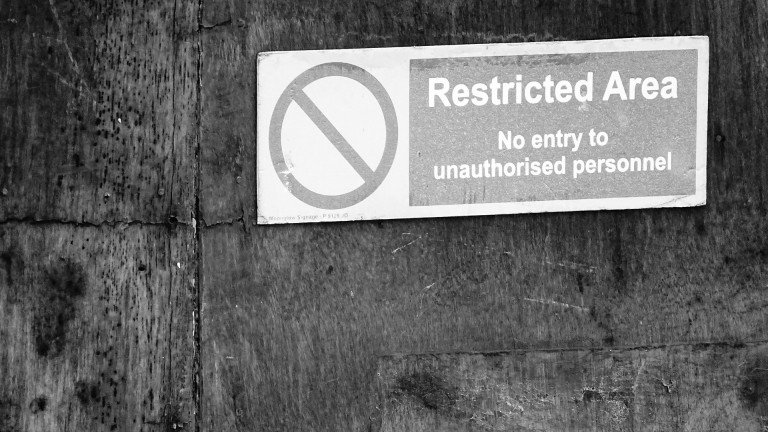As you consider options for immigrating to the United States, you may hear of the Employment Based Third Preference (EB-3) as a less expensive alternative to the EB-5 Immigrant Investor Program. The EB-3 category requires sponsorship by a U.S. employer for a full-time worker. The process for EB-3 immigration entails the following steps:
- The employer conducts a good faith recruitment effort to locate a qualified, willing, and able U.S. worker.
- If unsuccessful in finding a U.S. worker, the employer files a PERM application with the U.S. Department of Labor (DOL) and discloses any familial relationship with the foreign worker. The employer must pay all the legal fees and recruitment costs of the PERM application and subsequent immigrant visa petition.
- If approved the employer files an I-140 Immigrant Visa Petition with the U.S. Citizenship & Immigration Services (USCIS), proving that the foreign worker is qualified for the position, and that the employer has the ability to pay the wage offered.
- If the I-140 petition is approved the case is transferred to the U.S. Department of State (DOS) for visa processing if the applicant is abroad or ineligible for adjustment of status, the timing of which is subject to availability of visas in the EB-3 category.
Fraud at any stage of the EB-3 process could result in criminal prosecution of the employer, revocation of the petition, denial of the visa, and a permanent bar to the foreign national’s immigration to the United States. That bar can only be waived in a future application by proving that the foreign national’s U.S. citizen or Lawful Permanent Resident spouse or parent would suffer extreme hardship from the denial of the foreign national’s admission. Be alert to indicia of fraud, which could include the following:
- The foreign national pays an agent to find an EB-3 employer
- The foreign national pays the sponsoring employer to undergo the EB-3 process
- The foreign national reimburses the employer for any of the legal fees, costs, or wages
- The position is temporary or otherwise not bona fide
- The applicant has had no contact with the employer or has not been properly interviewed
- The applicant’s true employment history and credentials do not match what was listed in the PERM application or I-140 petition
Consult with a U.S. immigration attorney about any EB-3 immigration prospects to avoid being lured by marketing schemes that could have very serious consequences, including a permanent bar to your family’s immigration to the United States.

